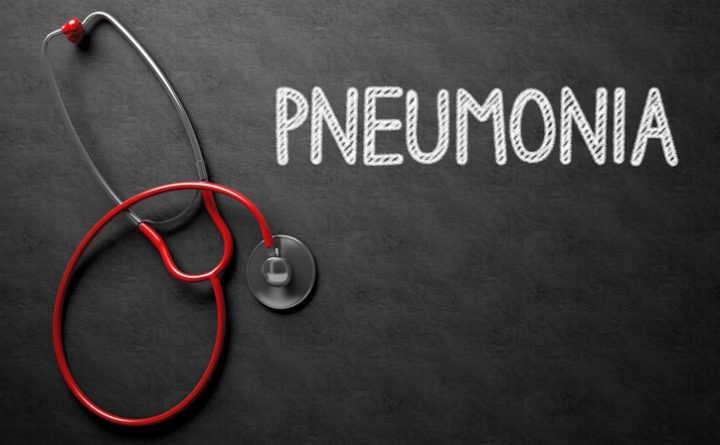What is Pneumonia?
Pneumonia is a general term that means “inflammation of the lungs”. Pneumonia can infect one or both of the lungs. Inflammation occurs in the affected areas to fight off the infection due to breathing in bacteria, a virus, a fungus, or any other foreign matter that enters the lungs. When you breathe, the air moves down through your airways and into your alveoli. From the alveoli, oxygen goes into your blood while carbon dioxide moves out of your blood. When you have pneumonia, your alveoli get inflamed. The inflammation in the lungs will cause fluid and pus to collect and interfere with normal lung functions.
Pneumonia ranges in severity from mild to severe, and it can be fatal. Very young children, adults over 65, and patients who have a chronic illness are particularly vulnerable to pneumonia.
Different Types of Pneumonia
- Community-acquired pneumonia is the most common type of pneumonia. You can catch it in public areas (such as work, school, the grocery store or the gym). Bacteria, a virus, fungi or irritants in the air can cause community-acquired pneumonia. This type of pneumonia can also develop after you have a cold or the flu.
- Hospital-acquired pneumonia or institution-acquired pneumonia. It is the type of pneumonia you can catch while staying in the hospital, especially if you are in the ICU or are using a ventilator to assist your breathing. This type of pneumonia also includes pneumonia that develops after you have major surgery. It can be very dangerous, especially for young children, older adults and people who have weakened immune systems.
- Aspiration pneumonia is type of pneumonia that develops after you inhale particles into your lungs. This occurs most often when small particles enter your lungs after vomiting and you are not strong enough to cough the particles out of your lungs. Opportunistic pneumonia is a type of pneumonia that affects people who have weakened immune systems. It is caused by certain organisms that do not typically make healthy people sick, but they can be dangerous for people who have conditions such as the human immunodeficiency virus (HIV), acquired immunodeficiency syndrome (AIDS), chronic obstructive pulmonary disease (COPD) or people who have recently had an organ transplant.
Featured Image Source: depositphotos/© tashatuvango



